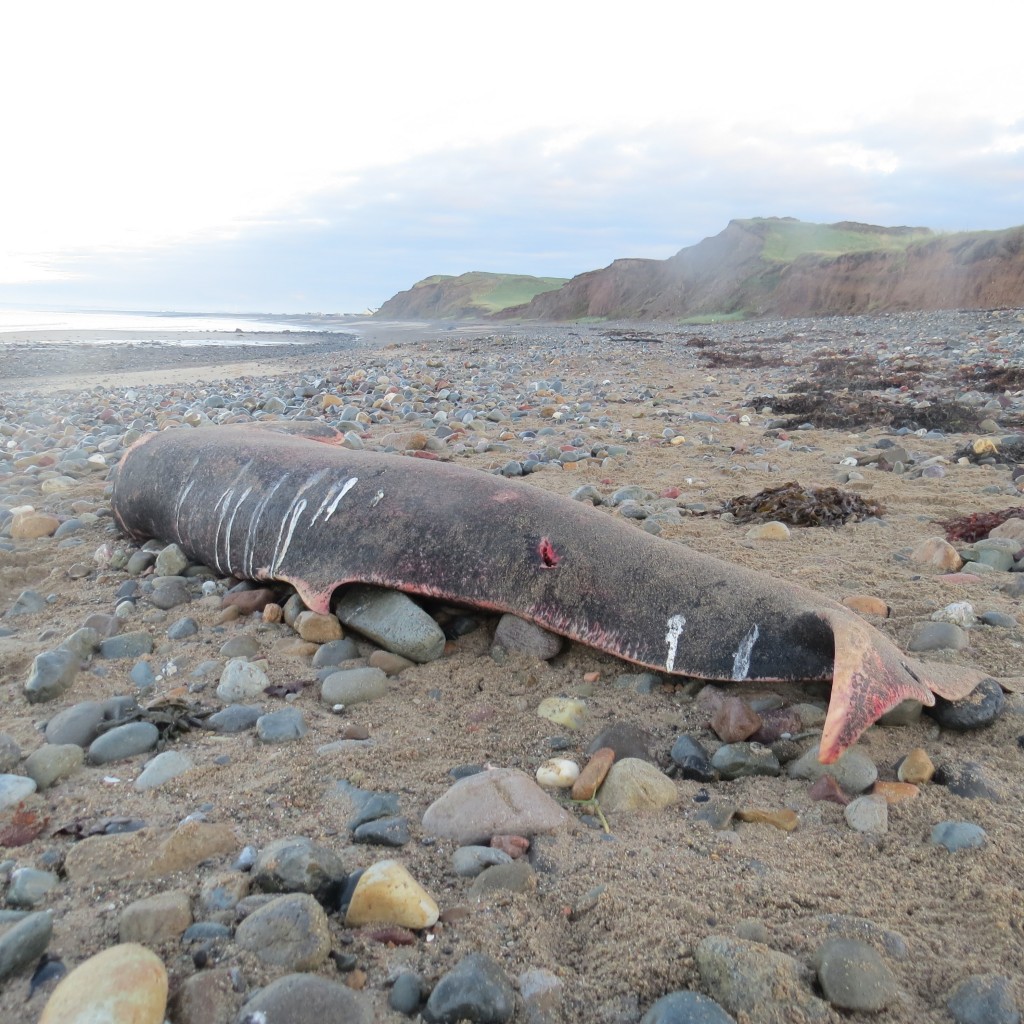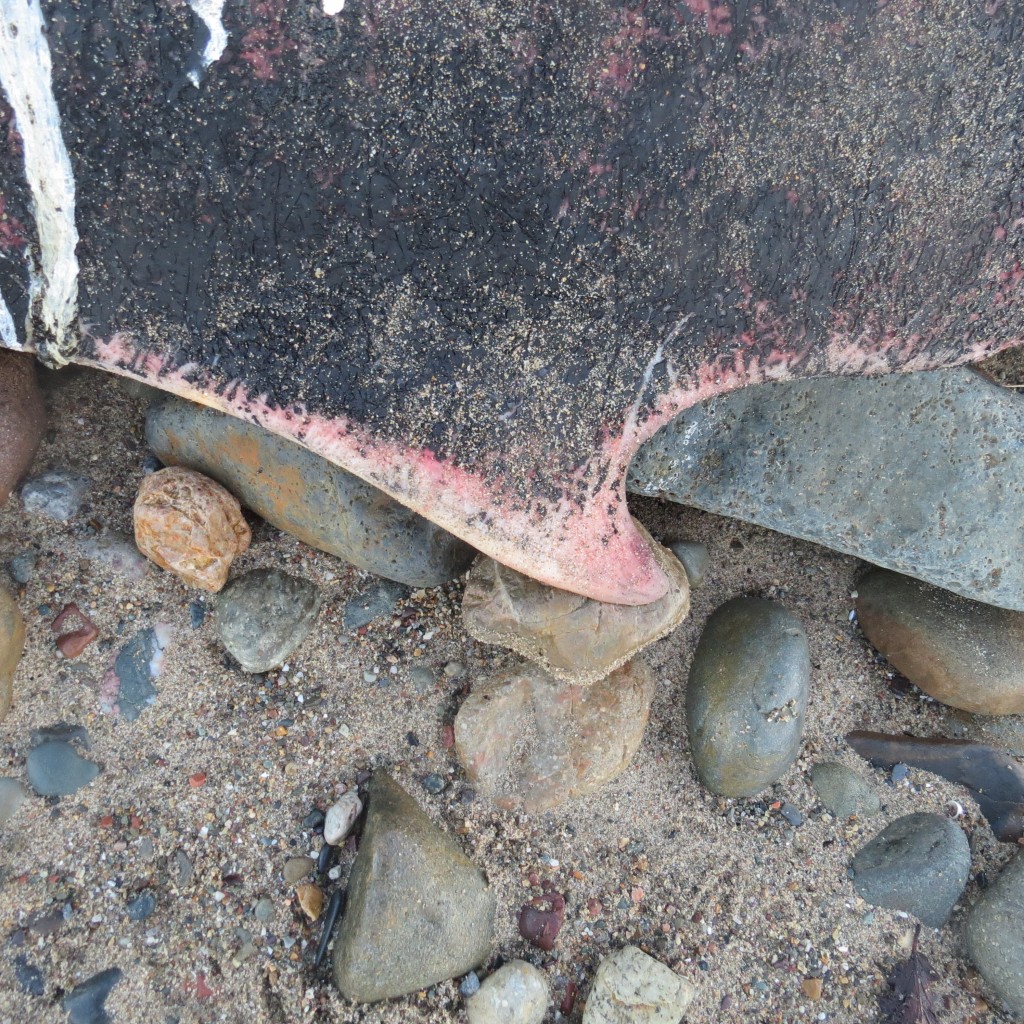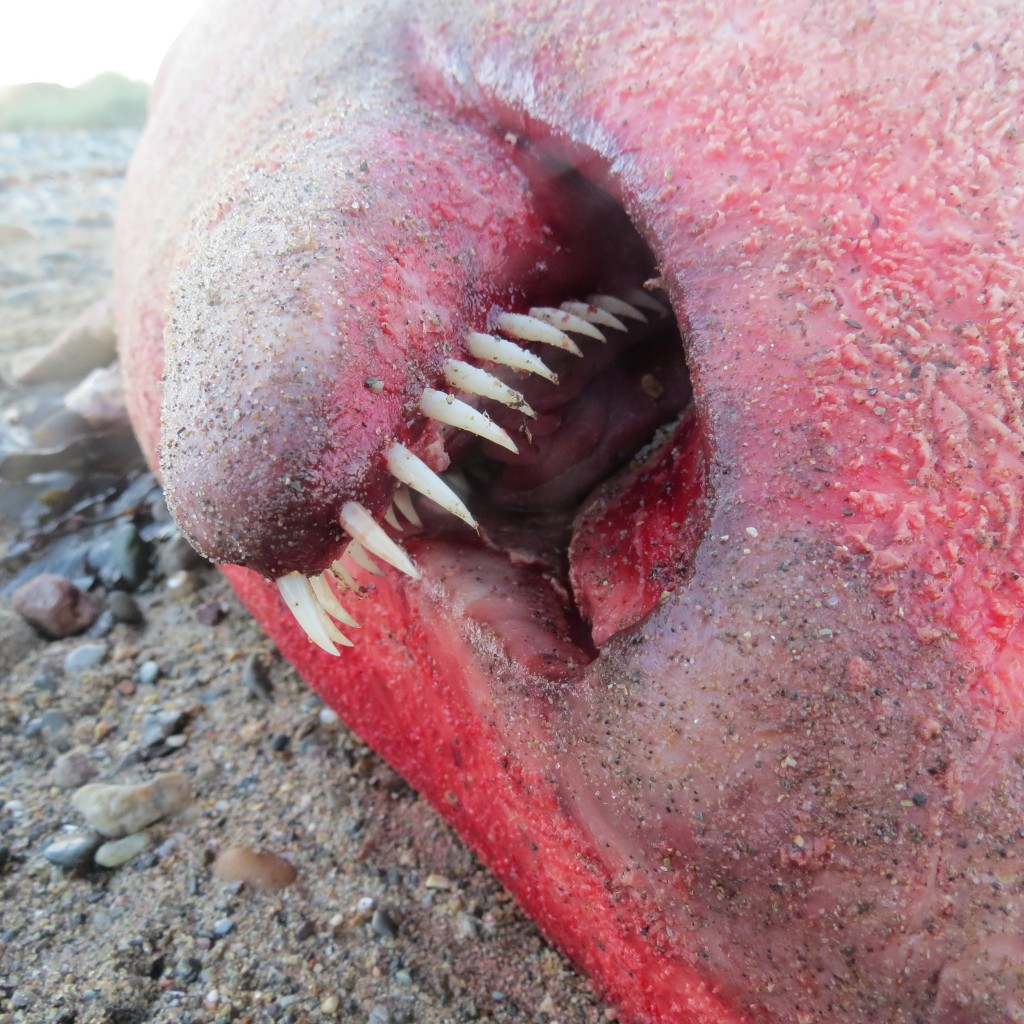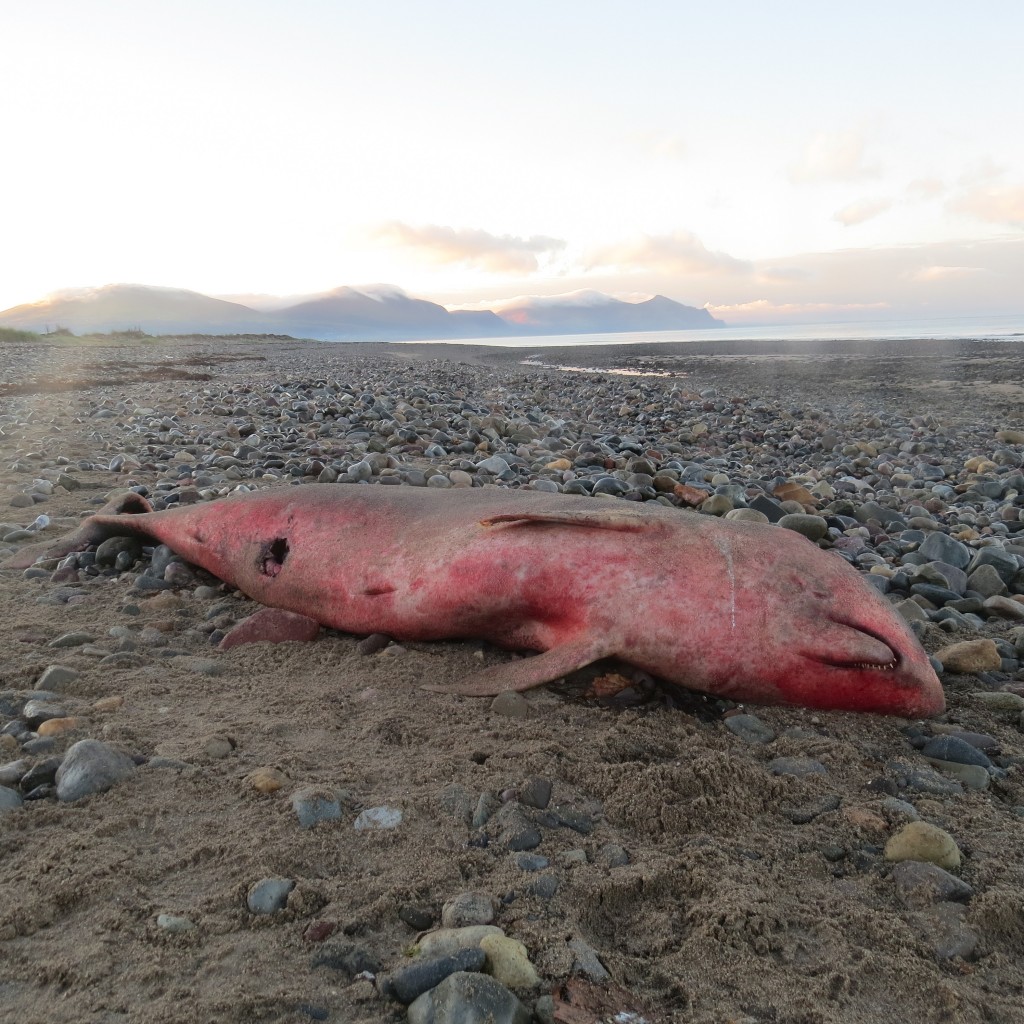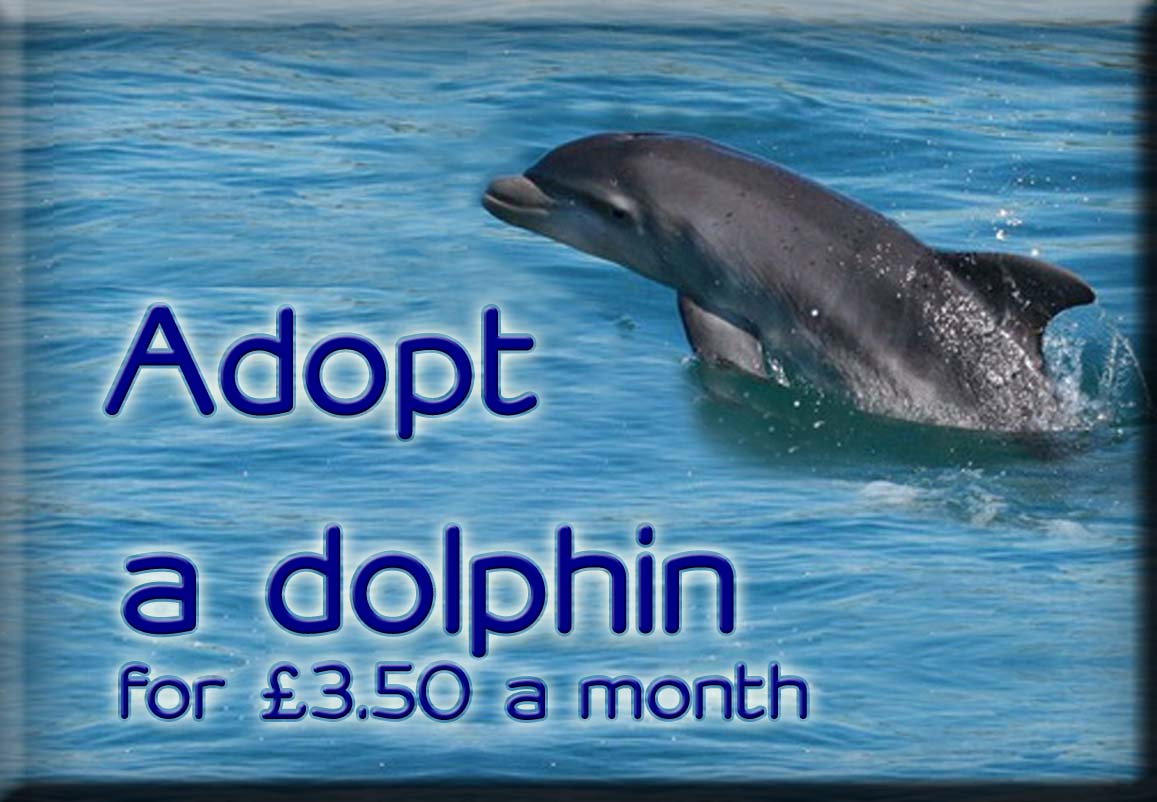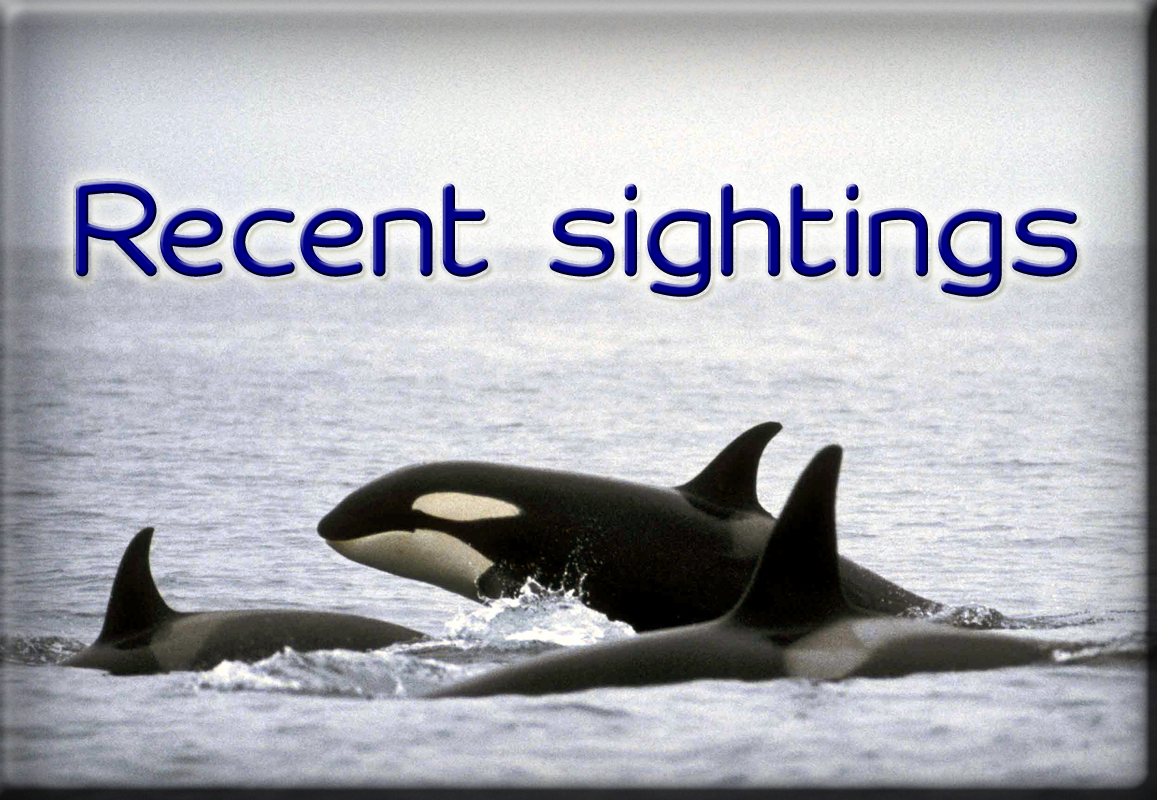On Thursday of last week, we reported on the live-stranding of a rare species of Kogia whale on an Anglesey beach, see previous post: http://www.seawatchfoundation.org.uk/rare-kogia-whale-live-strands/.
Given that many strandings occur because the animal is unwell or injured, strandings experts suggested that although the animal was successfully re-floated that they thought it likely to strand again. “In the Newborough beach area, there was a high likelihood of it re-stranding because it is very shallow there being so close to the Caernarfon bar (notorious for shipwrecks). I recommended that when it was re-floated someone should go and watch for it from the beach opposite at Dinas Dinlle” says Dr Peter Evans, Sea Watch Foundation founder and director.
Our Sightings Officer, Kathy James (a former Anglesey resident), received a text message yesterday evening from North Wales birdwatcher Eddie Urbanski saying that he and fellow birdwatcher Rhys Jones had stumbled across the body of the whale on the beach at Dinas Dinlle. Sad news indeed.
The following pictures are quite harrowing considering we were looking at images of this beautiful and rare animal alive less than a week ago.
The Cetacean Strandings Investigation Programme will be attending to the animal during today and we’ll keep you informed of their findings. At least in its death it will help shed some light on this little known species so for that we can be grateful. Already, the carcass has helped to confirm that this Kogia whale is indeed a pygmy sperm whale, and not it’s similar relative the dwarf sperm whale, because of the number of its teeth. “There were 24 teeth in the lower jaw. Although dwarf sperm whales occasionally can have that number, it is more typical of pygmy sperm whale. Pygmy sperm whale has 24-32 whereas dwarf sperm whale has 14-24 teeth in the lower jaw” notes Dr Evans.
As a reminder, please do report your sightings of cetaceans, dead or alive!
If you find a live-stranded animal you should call the BDMLR hotline on 07787 433412. Should you find a stranded animal which is already dead please report it to the Cetacean Strandings Investigation Programme website (http://ukstrandings.org/how-to-report-a-stranding/).
Please add your live sightings of this and other species to our online sightings form or by email sightings@seawatchfoundation.org.uk.

